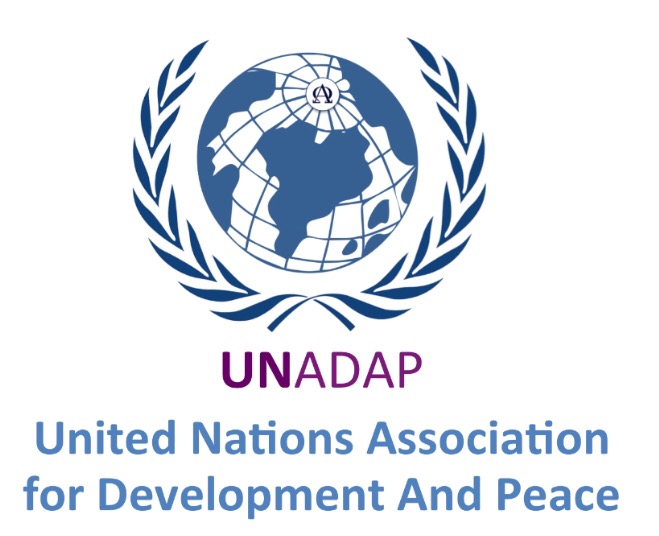India's stance on SDG 16: Peace, Justice And Strong Institutions
- UNADAP | United Nations
- Dec 1, 2022
- 3 min read

The Challenge
Violence is perhaps the most significant and destructive challenge to the development, growth, wellbeing, and the very survival of countries around the world. Fatalities resulting from armed conflict are rising in some parts of the world, causing mass displacement within countries and across borders, and resulting in massive humanitarian crises that adversely impact every aspect of our developmental efforts. Other forms of violence – crime and sexual and gender based violence – also remain a global challenge. Young people are especially vulnerable; 43% of all homicides globally involve young people between 10 and 29 years of age, and children make up a third of human trafficking victims worldwide. But violence can also take more insidious forms. The institutional violence of unaccountable legal and judicial systems, and depriving people of their human rights and fundamental freedoms all constitute forms of violence and injustice. Corruption, bribery, theft and tax evasion cost developing countries around USD1.26 trillion per year; money that could be used to lift many above the international poverty threshold of USD 1.90 a day for at least six years.
Why is this important?
The first step to fulfilling any aspect of the global sustainable development agenda for 2030 will begin with restoring security and human rights to individuals whose very lives and basic freedoms are under threat either due to direct violence or through institutional restrictions to justice. Many of the countries that did not achieve their Millennium Development Goal targets by 2015 were countries experiencing armed conflict and instability.
How can we address this?
Goal 16 is dedicated to the promotion of peaceful and inclusive societies for sustainable development, the provision of access to justice for all, and building accountable institutions at all levels. National and global institutions have to be more transparent and effective, including local governance and judicial systems which are critical to the guarantee of human rights, law and order, and security.

India and Goal 16
In India, the judiciary is overburdened due to the large number of pending cases, with the backlog touching 33 million in 2018 – 28.4 million cases pending in subordinate courts, 4.3 million in High Courts and 57,987 cases in the Supreme Court. India has prioritised the strengthening of justice through government initiatives including Pragati Platform, a public grievance redressal system, and the Development of Infrastructure Facilities for the Judiciary including Gram Nyayalays for villages.
Targets
Significantly reduce all forms of violence and related death rates everywhere.
End abuse, exploitation, trafficking and all forms of violence against and torture of children.
Promote the rule of law at the national and international levels and ensure equal access to justice for all.
By 2030, significantly reduce illicit financial and arms flows, strengthen the recovery and return of stolen assets and combat all forms of organised crime.
Substantially reduce corruption and bribery in all their forms.
Develop effective, accountable and transparent institutions at all levels.
Ensure responsive, inclusive, participatory and representative decision-making at all levels.
Broaden and strengthen the participation of developing countries in the institutions of global governance.
By 2030, provide legal identity for all, including birth registration.
Ensure public access to information and protect fundamental freedoms, in accordance with national legislation and international agreements.
Strengthen relevant national institutions, including through international co-operation, for building capacity at all levels, in particular in developing countries, to prevent violence and combat terrorism and crime.
Promote and enforce non-discriminatory laws and policies for sustainable development.
Copyright: UN India, SDG






Комментарии